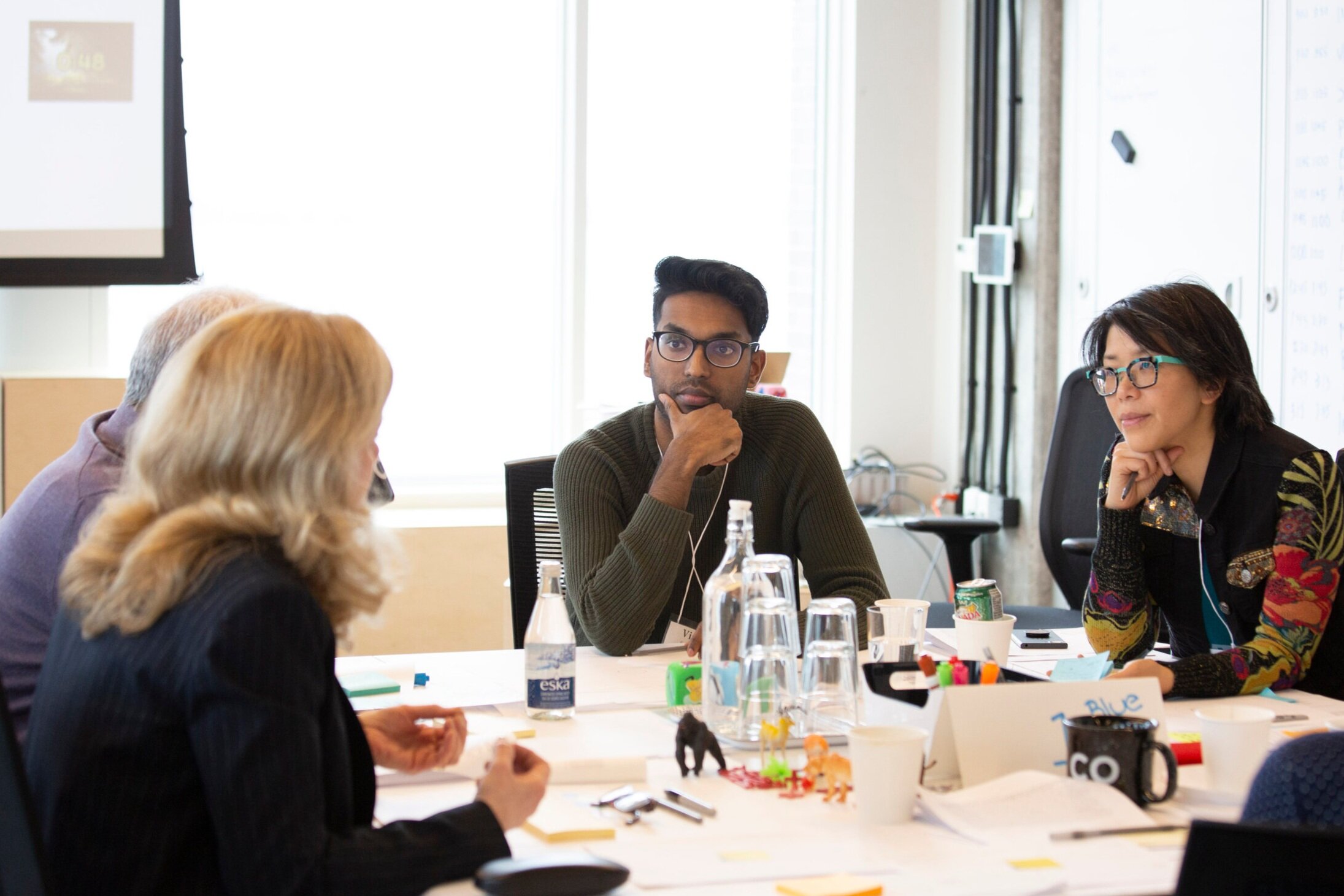
Trustworthy AI: Lessons from recent experience
SRI Engineering Lead Ron Bodkin says the European Commission’s recent white paper on AI falls short in assessing risk and proposing adequate regulation for the use of artificial intelligence across sectors and industries. Bodkin proposes some reflections and amendments that could address the breadth of potential risks and harms in a world rapidly implementing AI across all aspects of life.
Matt Ratto recognized with Award of Excellence for COVID-19 response
Specialist in human-computer interaction, healthcare software and hardware, and the intersections between humanities and engineering, Matt Ratto has been recognized for his work on the Toronto Emergency Device Accelerator (TEDA), an interdisciplinary solutions-oriented project that deploys equipment from across U of T to produce medical supplies like masks, face shields, and ventilators.
Trust and accuracy: The benefits and pitfalls of explainable AI in health
SRI faculty affiliate Marzyeh Ghassemi worries that explainable AI may make things worse rather than better. Her research suggests that explainable AI is perceived to be more trustworthy even when it is in fact less accurate. Learn more about Ghassemi’s research.
Machine learning makes uncertainty visible. Can it help reduce false denials of refugee claims?
Human decision-makers who approve or deny refugee claims “are often unjustifiably certain in their beliefs,” says Avi Goldfarb. The economist and data scientist with specialization in AI and machine learning started to wonder: could ML’s ability to reduce uncertainty help reduce false refugee claim denials?
How can researching normativity help us align AI with human values?
What is the alignment problem and how can we encourage the development of human-aligned AI? What is normativity and how do humans channel appropriate behaviour? If normativity is central to human intelligence, how can it apply to artificial intelligence as well?
We’re hiring! Join SRI as a postdoctoral fellow in computational behavioural modeling and analysis
Would you like to bring your skills and experience in a computational discipline like economics, computational social science, or computer science to the Schwartz Reisman Institute for Technology and Society?
Miyo Yamashita appointed Schwartz Reisman Director, Strategy and Operations
Miyo Yamashita is well-known in corporate Canada, having held various senior leadership roles in healthcare, banking, and consulting. She will work closely with Schwartz Reisman researchers and leadership to ensure powerful tools like AI can serve the common good and to build collaborative projects that move responsible AI in industry into practical implementation.
Ron Bodkin appointed Schwartz Reisman Engineering Lead
Former Google exec, engineer, serial entrepreneur, and specialist in responsible AI Ron Bodkin has been appointed VP of AI Engineering and CIO at Vector and Engineering Lead at the Schwartz Reisman Institute for Technology and Society.
Design and privacy: COVID Alert op-ed by SRI research leads in the Toronto Star
The COVID Alert app is a useful tool in the fight against the pandemic. But it’s also a concerning indicator of the increasingly decisive role “Big Tech” plays in policy choices. Lisa Austin, David Lie, and Wendy Wong co-wrote an opinion piece about the design and privacy implications of the new federally-approved exposure notification app.
Liberating health data in a digital world: new report details solutions to data access obstacles
Privacy legislation has been instrumental in protecting data rights and data privacy in an increasingly data-driven world. But healthcare is a sector in which increased access to data could have major public benefits—for researchers, patients, and others. Learn more in a new report from the Schwartz Reisman Institute and Diabetes Action Canada on liberating Ontario’s health data for a digital world.
What are regulatory markets and how can they help ensure that AI is safe, fair, and ethical?
New work from SRI Director Gillian Hadfield and Jack Clark of OpenAI proposes a novel regulatory framework for ensuring AI can be used safely, ethically, and with the public interest in mind. Market-based incentives like competition, positive industry reputation, and expanded market access can spur efficiency and accountability in the ways in which we develop regulatory innovations.
How do cities manage change? Experts size up challenges in municipal governance
The pace of change in cities—technological, social, economic—seems to speed up day by day, posing challenges to municipal government structures established in different times. More than 50 experts from academia, government, non-profits, and the private sector gathered for four working sessions to find solutions to crucial problems cropping up in city governance.













